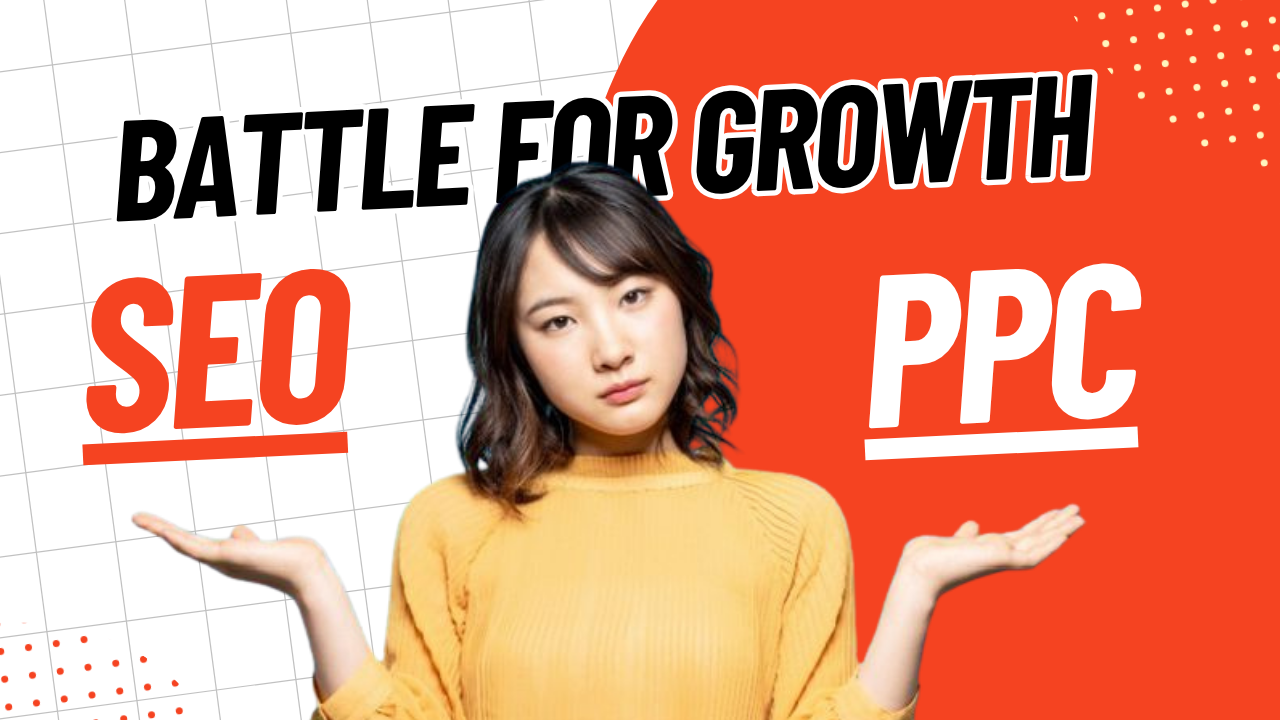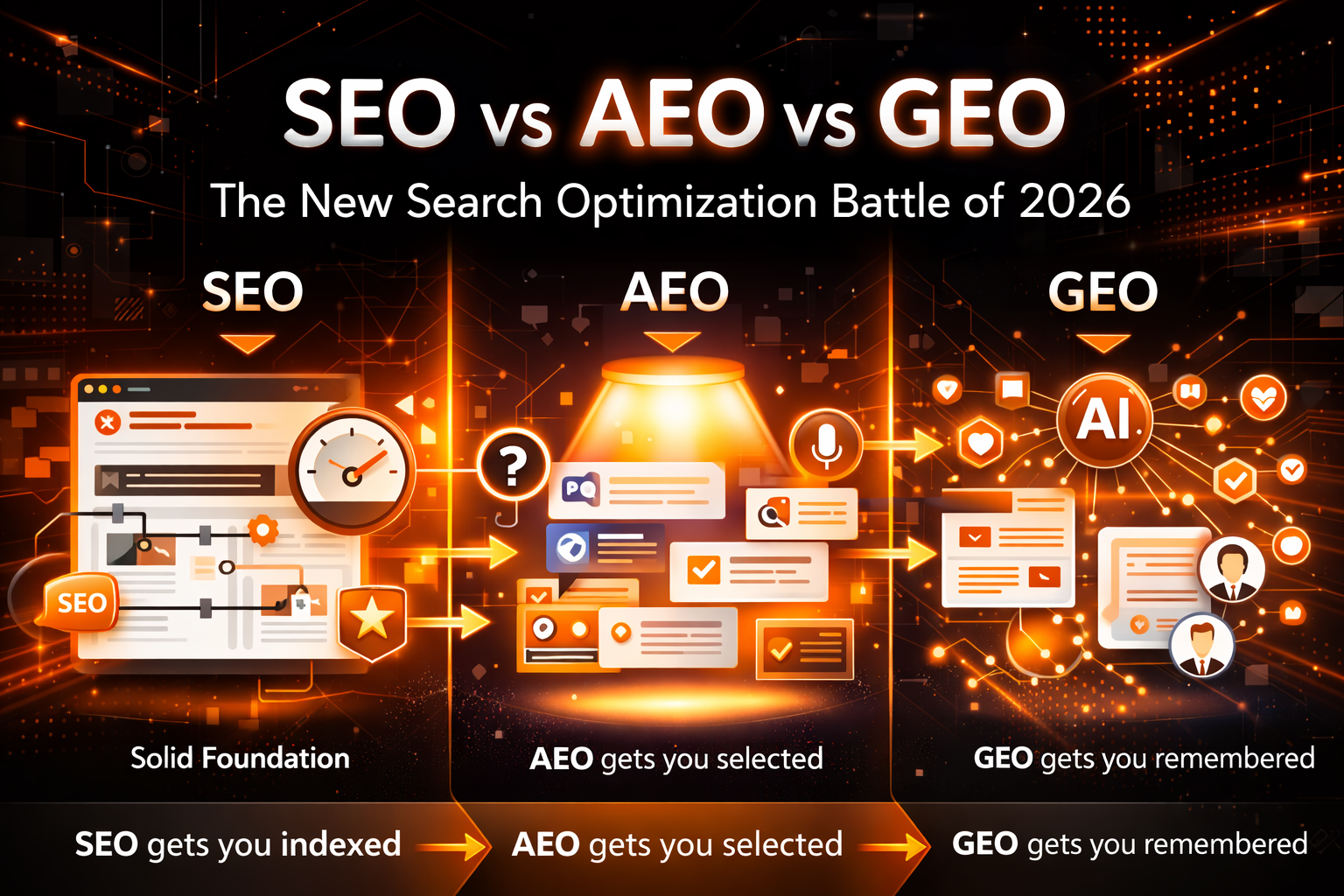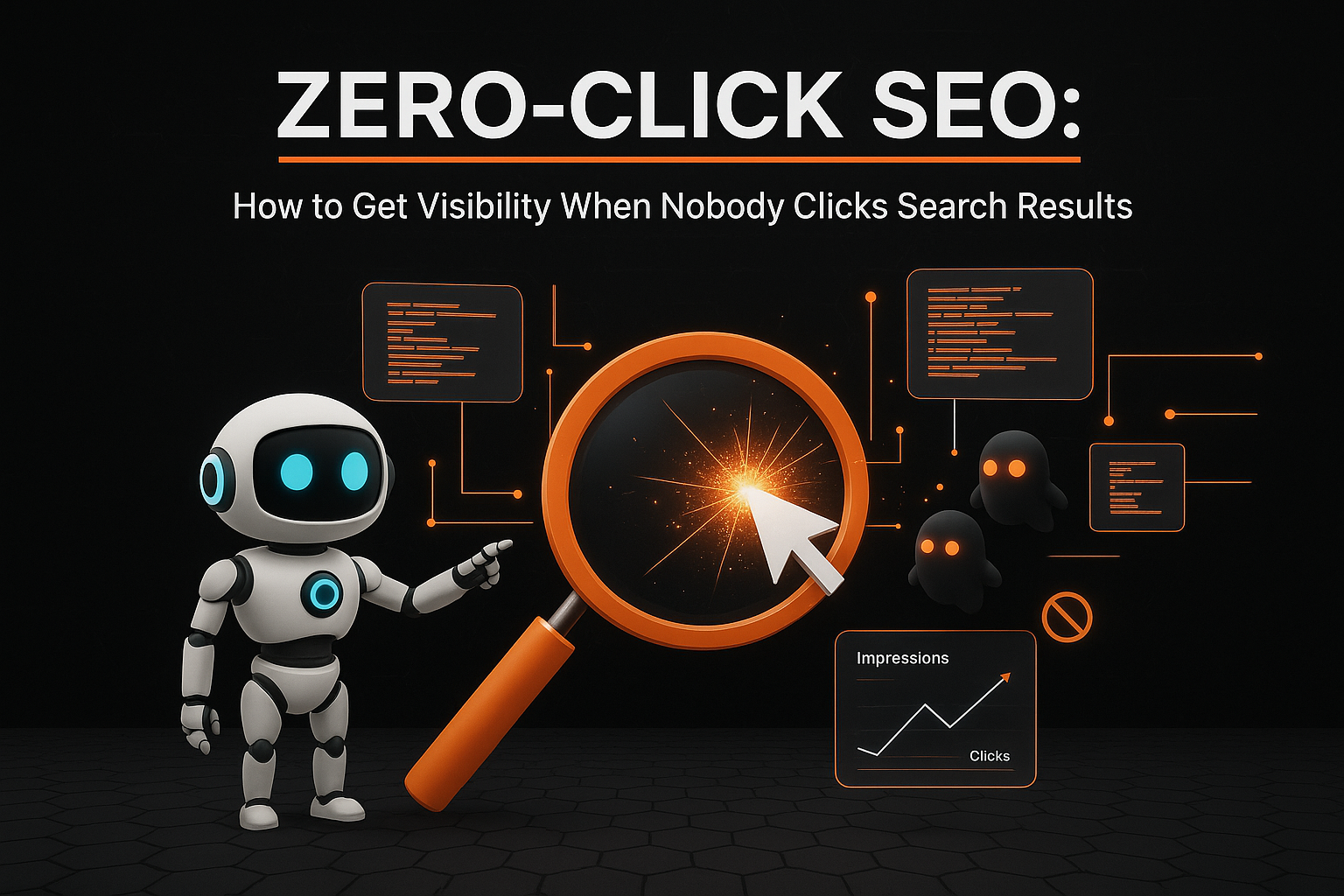In the fast-paced world of digital marketing, choosing between SEO vs. PPC can feel overwhelming. Both strategies—Search Engine Optimization (SEO) and Pay-Per-Click (PPC) advertising—are powerful tools to drive traffic, but they work differently. Whether you’re a small business in Trichy or a global brand, understanding SEO vs. PPC marketing is key to maximizing your online success. This guide compares the two, highlighting their benefits, drawbacks, and when to use each to boost your ROI.
Table of Contents
What is SEO?
What is PPC?
SEO vs. PPC: Key Differences
When to Use SEO
When to Use PPC
Can SEO and PPC Work Together?
Which Strategy Delivers Better Results?
Conclusion
What is SEO?
Search Engine Optimization (SEO) involves optimizing your website to rank higher on search engine results pages (SERPs) like Google without paying for clicks. By focusing on keywords, high-quality content, backlinks, and technical optimization, SEO drives organic traffic over time.
Benefits of SEO
- Cost-Effective: After initial investment, SEO delivers free traffic without per-click costs.
- Builds Trust: Organic rankings signal authority, making users more likely to trust your brand.
- Sustainable Growth: Well-optimized pages can attract visitors for years.
- Wide Reach: A single page can rank for multiple keywords, like “SEO vs. PPC Trichy” or “digital marketing strategies.”
Challenges of SEO
Time-Consuming: Results may take 3-12 months, depending on competition and strategy.
Algorithm Updates: Google’s frequent changes can affect rankings unexpectedly.
Competitive Keywords: High-demand terms like “SEO vs. PPC” require ongoing effort.
Example: A Trichy bakery optimizing for “best cakes in Trichy” can attract local customers consistently with SEO, building a loyal audience without recurring costs.
What is PPC?
Pay-Per-Click (PPC) advertising lets you pay for ads on platforms like Google Ads or social media, appearing when users search for your targeted keywords. You only pay when someone clicks your ad, making it a flexible option for immediate results.
Benefits of PPC
- Instant Visibility: Ads appear at the top of SERPs within hours of campaign setup.
- Precise Targeting: Reach specific audiences by location (e.g., Trichy), demographics, or interests.
- Trackable Results: Tools like Google Analytics provide real-time data on clicks, conversions, and ROI.
- Scalability: Adjust budgets or pause campaigns to suit your needs.
Challenges of PPC
Ongoing Costs: Traffic stops when you stop paying, and competitive keywords can be pricey.
Complexity: Effective PPC requires expertise in bidding, ad copy, and campaign optimization.
Ad Blindness: Some users skip ads, preferring organic results.
Example: A Trichy digital marketing course provider might use PPC to target “SEO vs. PPC training in Trichy” for quick enrollments during a promotional period.
SEO vs. PPC: Key Differences
Here’s a quick comparison to understand SEO vs. PPC marketing:
Factor SEO PPC Cost Upfront effort, no per-click fees Pay per click, ongoing costs Time to Results 3-12 months Immediate Sustainability Long-term traffic Stops when budget ends Targeting Broad, content-based Precise, audience-based Credibility High, organic trust Moderate, seen as ads Control Limited by algorithms High, adjustable campaigns
When to Use SEO
SEO is perfect for businesses seeking long-term growth and brand authority. It’s ideal for:
Startups: Building an online presence affordably over time.
Content Creators: Blogs, guides, or educational content (e.g., “SEO vs. PPC explained”).
Local Businesses: Targeting Trichy customers with keywords like “digital marketing in Trichy.”
Low Budgets: When ad spend isn’t sustainable.
When to Use PPC
PPC shines when you need fast results or targeted campaigns. It’s best for:
E-Commerce: Promoting sales or new products (e.g., “buy cakes online Trichy”).
Lead Generation: Driving sign-ups for services like digital marketing courses.
Seasonal Campaigns: Events or limited-time offers.
Competitive Keywords: Where organic ranking is tough (e.g., “SEO vs. PPC marketing”).
Can SEO and PPC Work Together?
Instead of choosing between SEO vs. PPC, combining them creates a powerful strategy:
Keyword Insights: PPC data reveals high-performing keywords to target in SEO.
Double Visibility: PPC ads dominate SERPs while SEO builds organic rankings.
Retargeting Power: Use PPC to reconnect with organic visitors, boosting conversions.
Which Strategy Delivers Better Results?
The SEO vs. PPC debate depends on your goals:
Choose SEO for sustainable, cost-effective growth and brand credibility. It’s ideal for businesses with time to invest in content and optimization.
Choose PPC for instant traffic, precise targeting, and short-term campaigns. It suits businesses with budgets for ads.
Combine Both for maximum impact, using PPC’s speed to complement SEO’s longevity.
For example, a Trichy startup might focus on SEO to rank for “digital marketing in Trichy” while using PPC to promote time-sensitive offers, ensuring both immediate and long-term success.
Conclusion
SEO vs. PPC isn’t about picking a winner—it’s about choosing the right strategy for your goals. SEO builds lasting authority, while PPC delivers instant results. By understanding their strengths, you can create a balanced digital marketing plan that drives traffic and conversions. For businesses in Trichy, mastering SEO vs. PPC marketing can transform your online presence.



